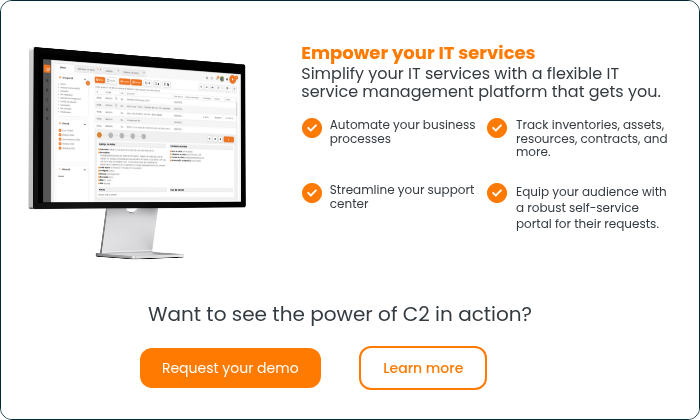Today, it is sometimes difficult to discuss software development technologies without making some reference to APIs or Application Programming Interfaces.
The importance of APIs is reflected in the context of constant software development in different programming languages. Heterogeneous systems must necessarily interact via one or more intermediate interfaces to communicate with each other.
How can you define APIs?
To simplify it, an API is a set of computer instructions and rules that govern how an application can talk to another. It is the part that makes it possible to exchange information between programs. An example of data exchange would be to cut and paste an excerpt from a Word document into an Excel spreadsheet.
The APIs expose some of a program's internal functions to the outside world in a limited way. This allows applications to share and manipulate data without developers sharing the entire software code.
API in the field
In the context of communication between different systems, APIs are the inevitable intermediary that acts as a connecting bridge to circulate data between applications.
- More concretely, a ticketing system could receive instructions from an alert monitoring system to create tickets. Also, the same monitoring system could interact with the ticketing system to update tickets or to generate notifications to targeted stakeholders.
- In another case, a micro-service can use the API of an application to populate or update user data directly from the Active Directory without manual resource intervention.
- With the API, optimizing the projects’ management is possible. Indeed, by communicating directly with a CRM project management platform, we can supply information related to resources, deliverables, deadlines, and operating costs.
- Report generation is another area where the use of API would be a contribution of great value to managers. The data can overlap from the various warehouses and databases using an intermediate interface to enable the production of useful reports for strategic decision-making.
Benefits of using API
The examples mentioned, among others, demonstrate that allowing the sharing of data between computer systems, APIs not only facilitate the dissemination of information but also the design of innovative services. This is realized by eliminating repetitive and manual processing.
The use of APIs is beneficial on several components:
Efficiency / Productivity
The positive impact of the use of APIs on resources is indisputable. By reducing manual and repetitive operations, resources will be more inclined to more productive manipulations. So instead of dealing with the monitoring of new alerts, a technician can focus on the investigation and resolution of claims to which it is assigned.
Automation
APIs enable systems to absorb a considerable workload. This automation reduces the number of risks to human interventions. In addition, APIs can also act at your workflows so they can be done with fewer steps and in less time.
Customizing User Experience
APIs allow content to be more easily integrated or closely linked to other data or other applications. This flexibility leads to a wide range of customizing the user experience. The information is delivered according to relevance and need, and therefore, will simplify the application usage to a major component of user satisfaction.
Versatility
The needs are constantly changing and APIs help support the planning of changes and contingency management. APIs can facilitate data migration, improved diagnostics, or data cleaning. The software bridges, between the different systems, contribute to the creation of a solid structure of a single multidisciplinary entity where data flows in accordance with the IT established policies.
The API : The Swiss Army knife of system communication
In a future perspective governed by the continuous upward and interaction between different computer systems, exchanging unlimited data flow and structures (the Internet of objects and Big Data), APIs are presented as the “Swiss Army Knife” and the perfect communication tool for building bridges so that this exchange is possible, profitable, and sustainable.






